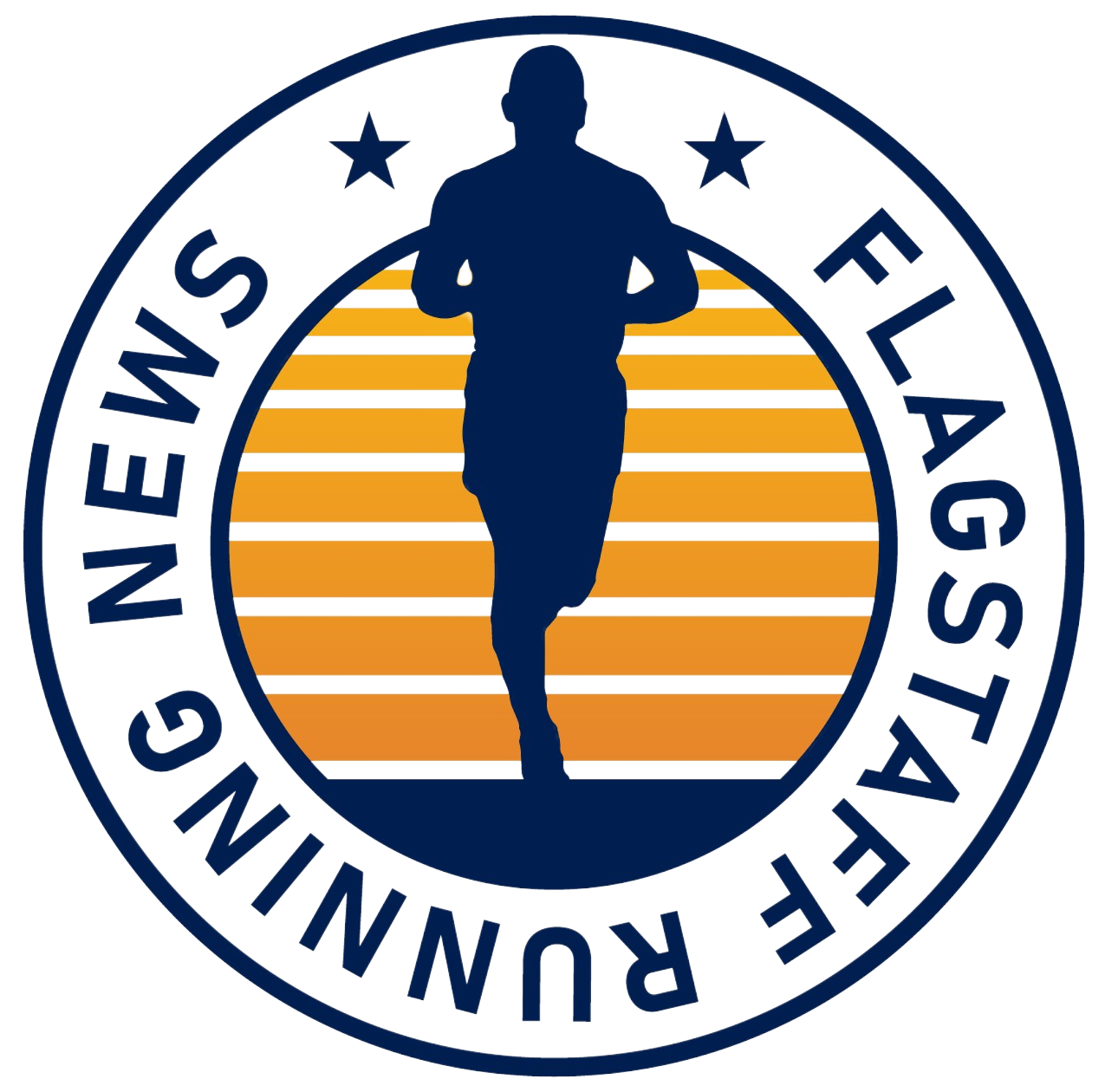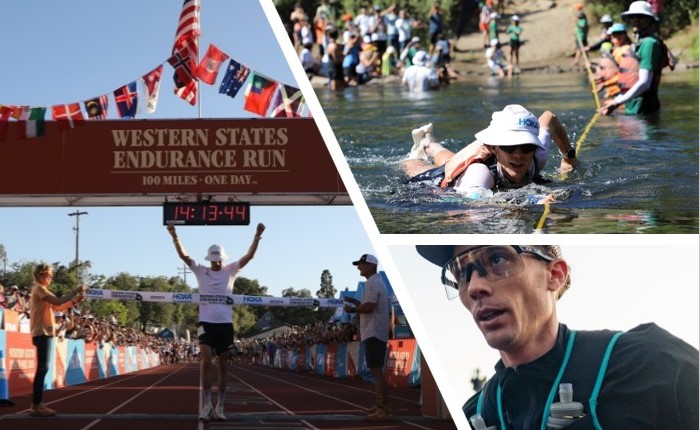It was another victory, yes, but definitely not a coronation. Jim Walmsley had to race this time against dogged competition, not just the clock like before.
In the end, though, the result was the same for the Flagstaff ultrarunning star. Walmsley won his fourth Western States 100 Endurance Run — the most prestigious race in the U.S. — in 14 hours 13 minutes 45 seconds. It was the second fastest time ever on the course, which runs from Lake Tahoe to Auburn, Calif.
The course record?
Well, Walmsley has it, of course. He didn’t quite reach his 4:09 blistering pace from 2021, the last time Walmsley competed in Western States. But this victory may have been more impressive because he was pressed up until the final 15 miles by 28-year-old California Rod Farvard, who eventually yielded to Walmsley’s relentless pace. Farvard finished second in 14:24:15 — the third fastest time ever behind Walmsley’s last two wins.
There was some pre-race speculation that Walmsley might be going for his own Western States record today. After all, his star has only risen since the last time he raced in the Sierra Nevada foothills. Last summer, Walmsley — who moved to France but kept his Flagstaff abode — became the first American man to win the UTMB, the Super Bowl of ultrarunning.
Along the way, in France, Walmsley learned a lot more than just running with trekking poles. He gained the race specificity to tackle the arduous course through the Alps. And he also gained a newfound confidence in taking on big challenges – the biggest being his goal for this summer, winning Western States and UTMB in the same year. Not even Killian Journet has done it.
Others, though, weren’t so certain Walmsley would even win on Saturday. Competition in this year’s Western States was fiercer than in previous years. Farvard came in having won The Canyons 100K, and Walmsley’s Hoka teammate Hayden Hawks, the former Southern Utah University cross country star, came in having won this spring’s Black Canyon 100K. Hawks finished third on Saturday in 14:24:31.
Walmsley laid (relatively) low training in Flagstaff over the winter and, it has been reported, resting an ankle issue.
In previous Western States, Walmsley had taken the lead early and simply run away from the field. This time, though, he had some company.
At 43 miles, Hawks and Walmsley were dead even in the lead, with Farvard two minutes back in fourth. At 48 miles, Walmsley took a two minute lead over Hawks and Daniel Jones. But, by Mile 65, Farvard made a move and took the lead by more than a minute over second-place Walmsley.
Over the next 10 miles, Farvard and Walmsley traded the lead three times. At the famous American River crossing, in which runners must ford the current with only a rope on which to hold, Farvard crossed at least a minute ahead of Walmsley, who chose to swim the crossing.
The river must have felt good to the two leaders, because the temperature in the Auburn canyons rose to 95 degrees. It also didn’t help that a wildfire popped up close to Auburn Lakes, in the final 20 miles of the race. Smoke weas visible but it did not deter the runners.
Walmsley emerged from the river about three minutes behind Farvard. But he did not panic and methodically chipped away at Farvard’s lead. By Mile 80, Farvard led by four minutes, but Walmsley was looking revived and fresher. He made his move and passed Farvard for good at Mile 75.2, and with 10 miles to go was four minutes ahead of Farvard.
From there, it was classic Walmsley. He closed strongly over the No Hands Bridge and cruised through the Robie Point Aid Station and through the streets of Auburn and to the final lap around the track at Auburn High School.
Now comes the hard part of Walmsley. He probably will be off to France very soon to prep for his title defense of UTMB. He’ll be trying to be the first male runner to win Western States and UTMB in the same year.


Leave a Reply